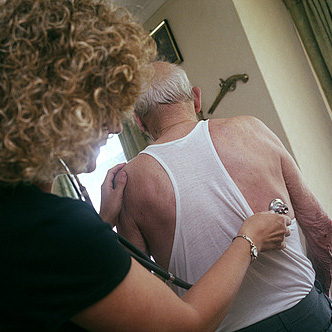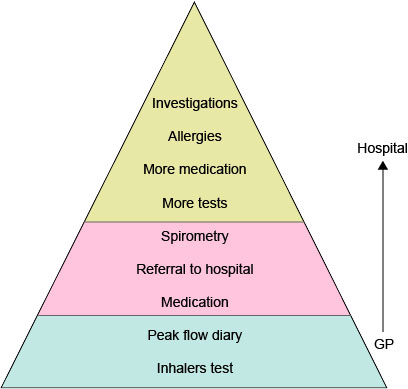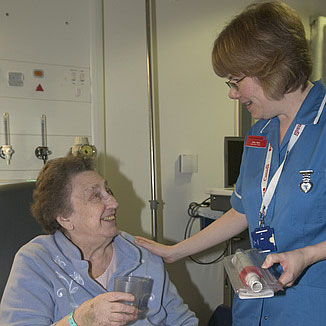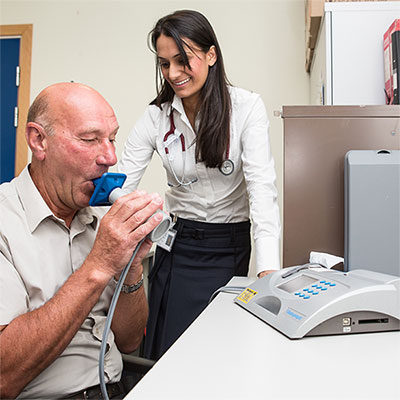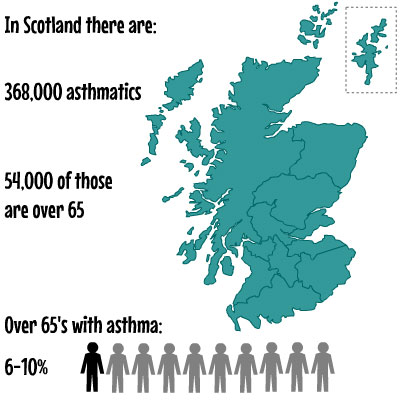The nurse/doctor will ask you about your symptoms, what triggers them and what helps relieve or reduce them. They will discuss your treatment plan and agree what actions you should take if your asthma gets worse. You should be given a personal action plan and sometimes a ‘stand by’ or ‘rescue medication’ course of tablets to take if this happens.
The asthma review is an opportunity to discuss how you are coping generally with asthma and how you look after yourself. Things like coping with stress, keeping fit and healthy, stopping smoking, identifying and avoiding your asthma triggers will help you to mange your asthma at home.
It is sometimes a good idea to take a family member or friend along to your asthma review for moral support and to help you remember all that is discussed.
The telephone number is: 111


